The Children’s Speech and Language Therapy service in Lancaster and Morecambe provides specialist assessment, diagnosis, treatment and management of communication difficulties for children and young people aged 0 to 16 years old. We may occasionally see slightly older children.
The Children’s Speech and Language Therapy service is for children with speech, language, communication and/or eating and drinking difficulties.
This might include:
- Children who are taking longer than expected to learn to talk
- Children with limited vocabulary, who struggle to form sentences, or who get their words and sentences muddled up.
- Children who find it difficult to understand what others are saying.
- Children who struggle to say certain sounds or make themselves understood.
- Children who stammer.
- Children who have problems with their voice.
Some children have difficulties with managing food and drink. There is a feeding and swallowing service which provides advice for some children who have more complex difficulties with managing food and drink. (General advice on weaning, picky eating or mealtime behavioural issues is provided by your Health Visitor.)
The Speech and Language Therapy team will work in a variety of settings and they work in close partnership with the child, their family and other professionals such as teachers, nursery staff, health visitors and Early Years workers, to promote positive outcomes for all children. All Speech and Language Therapists are registered with the Health and Care Professions Council https://www.hcpc-uk.org/ as the national regulatory body. Our professional body is the Royal College of Speech and Language Therapists.
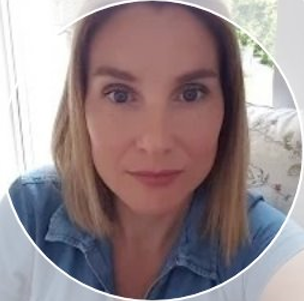 Lucy Capstick, Speech and Language Therapist
Lucy Capstick, Speech and Language Therapist
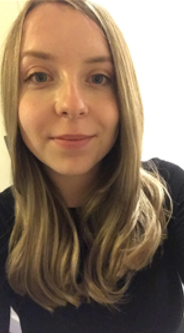 Hannah Johnson, Speech and Language Therapist
Hannah Johnson, Speech and Language Therapist
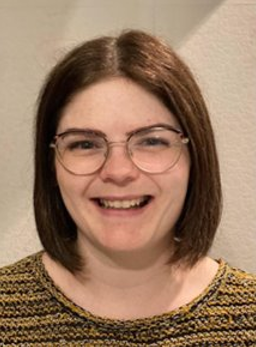 Amy Peck, Speech and Language Therapist
Amy Peck, Speech and Language Therapist
Becky Roshanfekr, Speech and Language Therapist
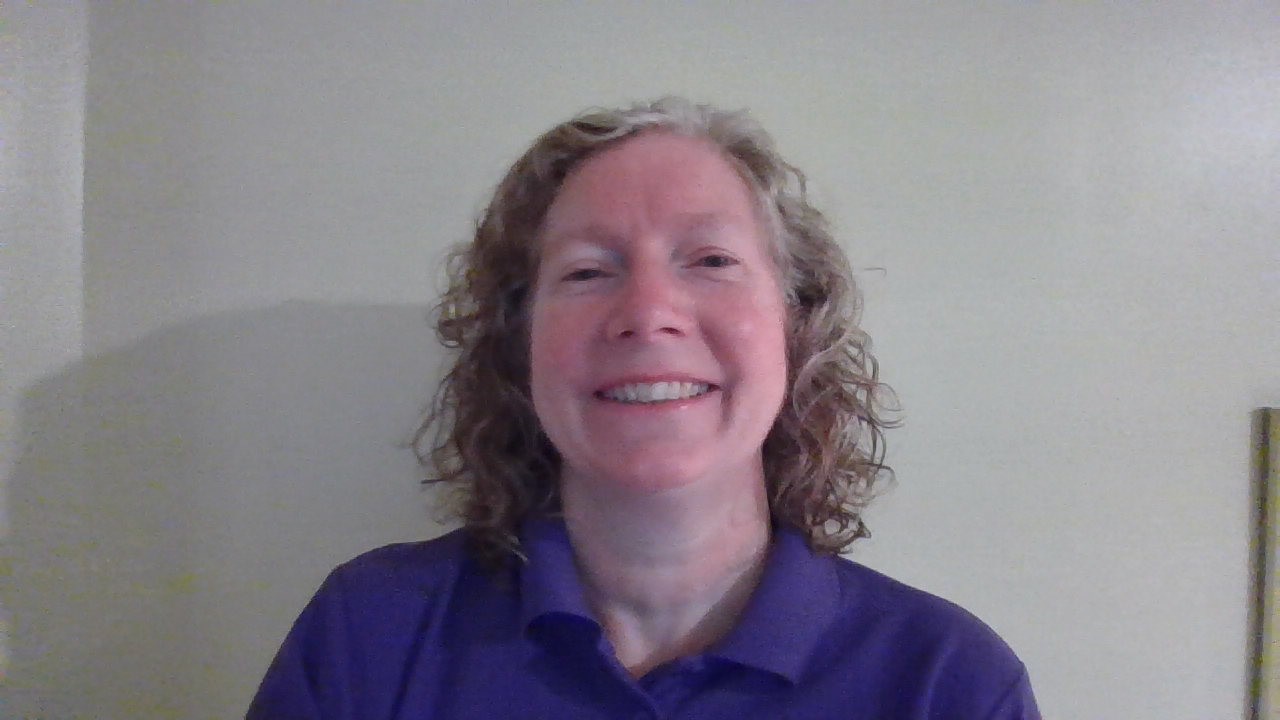 Dawn Richards, Speech and Language Therapist
Dawn Richards, Speech and Language Therapist
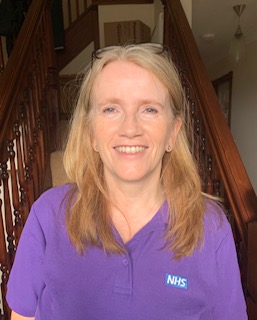 Karen Cross, Speech and Language Therapist
Karen Cross, Speech and Language Therapist

 Karen Kelly, Speech and Language Therapist
Karen Kelly, Speech and Language Therapist
 Kimberley Harrison, Speech and Language Therapy Assistant
Kimberley Harrison, Speech and Language Therapy Assistant
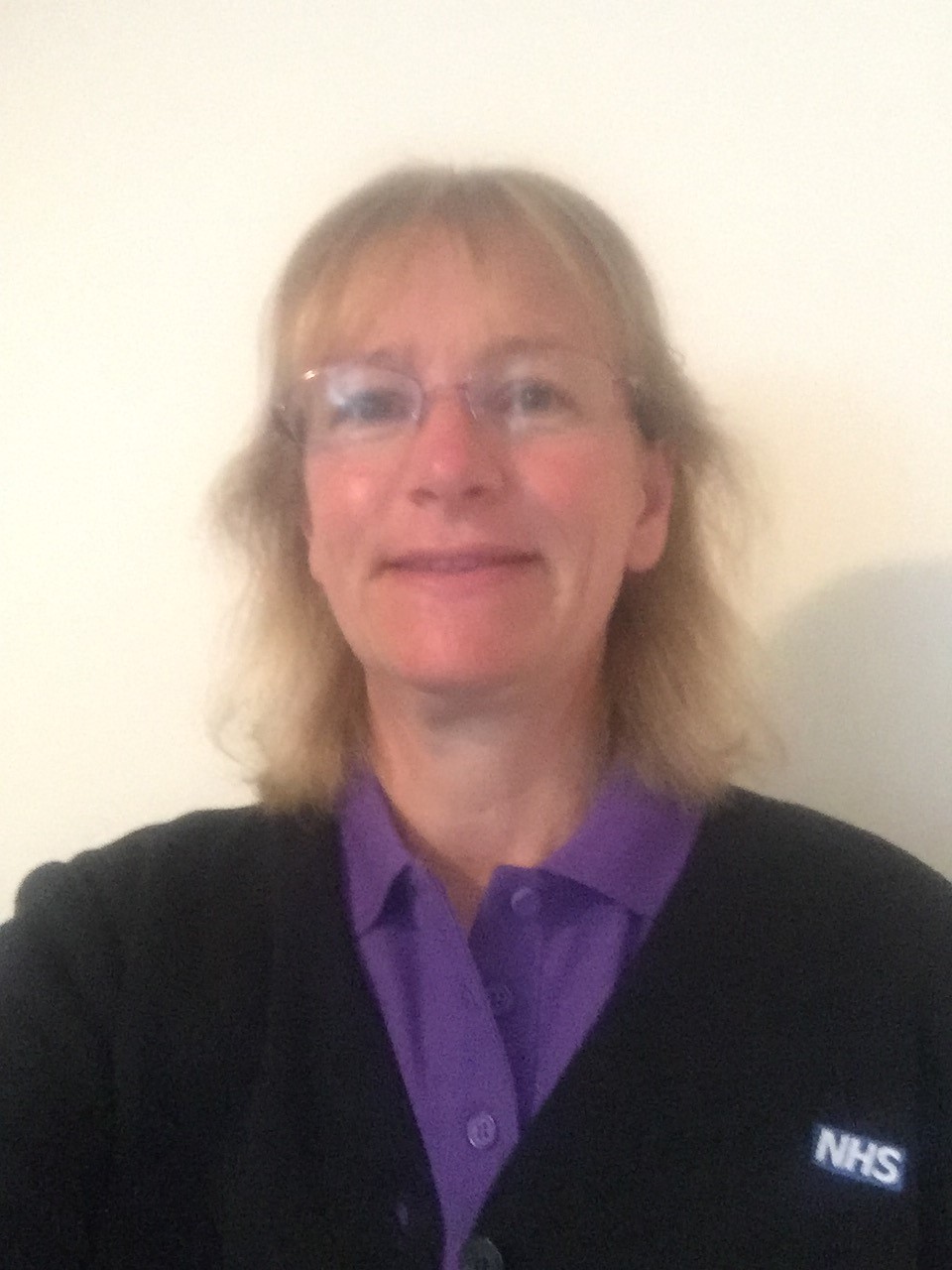 Maja Moller, Speech and Language Therapist
Maja Moller, Speech and Language Therapist
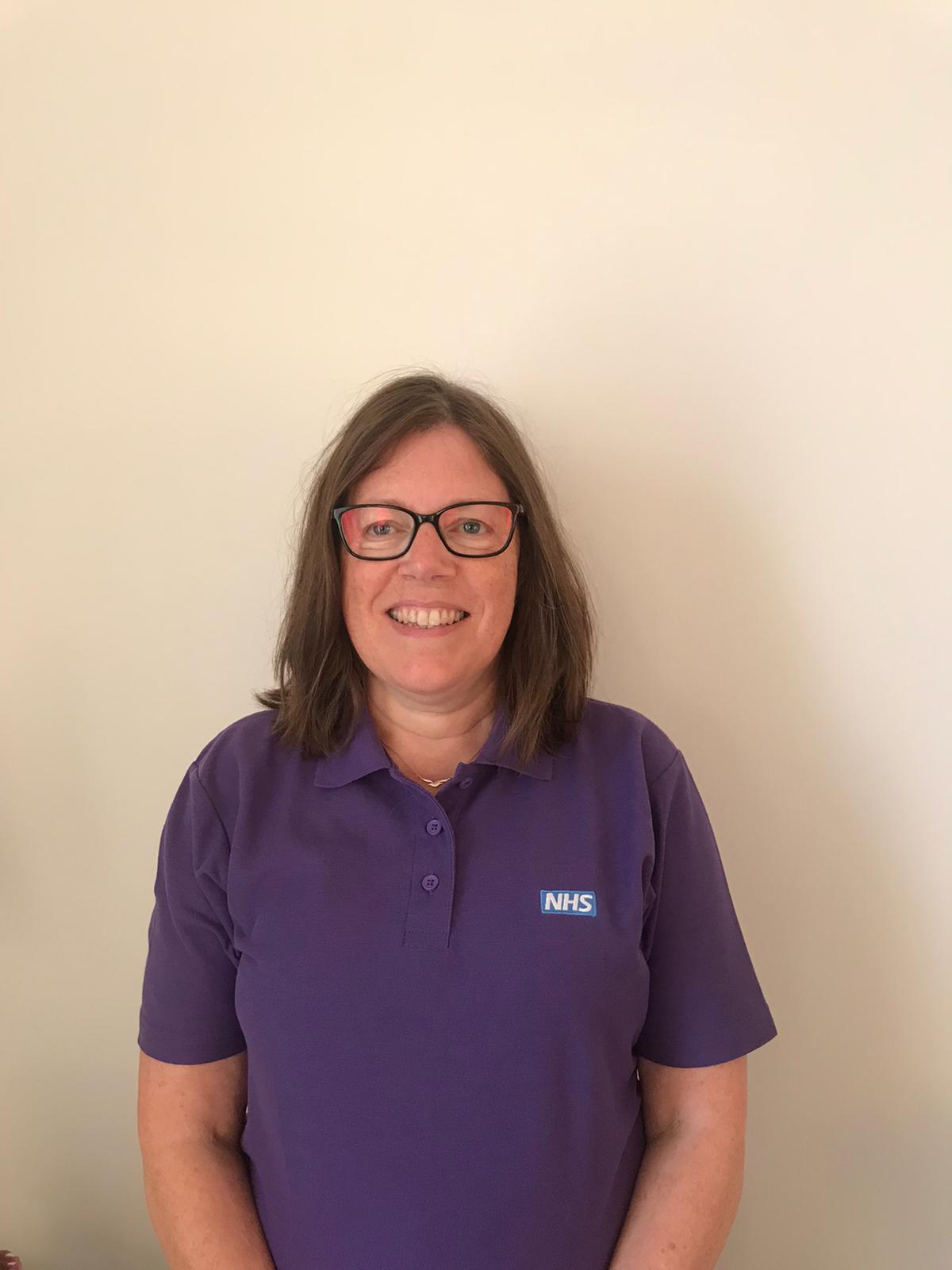 Mandy Blair, Speech and Language Therapist
Mandy Blair, Speech and Language Therapist
Mike Phillips, Speech and Language Therapist
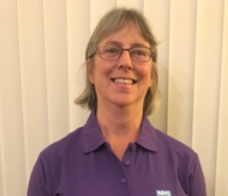 Rachel Klein, Speech and Language Therapist
Rachel Klein, Speech and Language Therapist
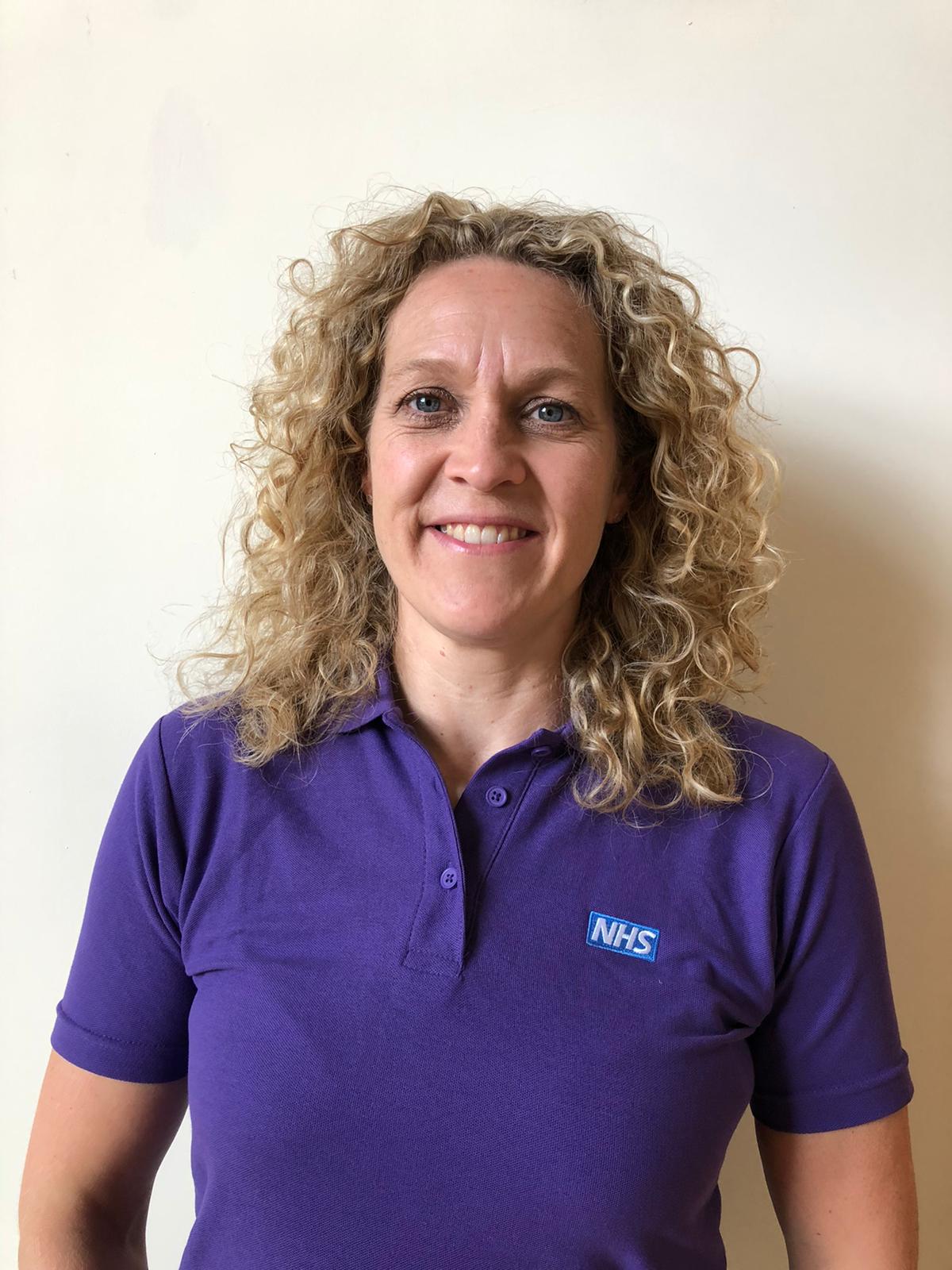 Sophie Barlow, Speech and Language Therapist
Sophie Barlow, Speech and Language Therapist
Trisha Wilkinson, Speech and Language Therapy Assistant
SLT advice line number - 07483315233
Email - sltadvice@mbht.nhs.uk
If you are unsure about whether a child needs a referral into the speech and language therapy service, please contact our advice line. Tuesdays 9am-11am - 07483 315233 or email sltadvice@mbht.nhs.uk
Referrals to the speech and language therapy service can be made by completing the referral form. Referrals can be made by a variety of different professionals
including Health Visitors, GPs, Medical Consultants, teachers. Please provide clear information about the specific difficulties. For example if it is a speech sound issue then to write down how some words are said, or if it is language then to write down the sort of sentences that are used.
If the referral is for a child younger than 2.5 years, please contact the advice line for support before completing a referral. You do not need to go to your GP to get a referral. It is useful for us to have information from your child’s nursery / school, or Health Visitor.
We no longer accept referrals from parents.
Some things that may be addressed include issues with:
- Speech clarity (speech sounds)
- Concerns with early language development persisting past aged 3 years
- Concerns with understanding of language
- Concerns with use of spoken language
- Attention and listening
- Feeding / swallowing
- Stammering, quality of voice.
- Selective Mutism
We do not accept referrals for:
- Children under aged 3 years where the only concern is early language development. We ask that you implement universal language strategies until the child is approaching 3 years old and only refer if concerns persist. For further information on these strategies please see the link below: (link to Fun To Talk presentation).
- Early years children (0-4 year olds) where the main concern is social communication e.g. limited attempt to interact with others or a minimal response when someone speaks to them. Early years Social Communication Pathway (uhmb.nhs.uk)
- A language delay in a child with learning difficulties where language is in line with their general learning abilities, and whose needs can be met and managed within their school provision.
- Where there are concerns regarding English as an additional language, but where there are no concerns about the development of their first/home language.
- Children with ASD (Autistic Spectrum Disorder) diagnosis whose language and communication can be managed/facilitated appropriately by other people around them.
- Children who use only British Sign Language to communicate, where no language difficulties are evident.
- School-age children needing an assessment for an opinion as to their need of an ASD diagnosis. These children will be assessed through a team co-ordinated by Lancashire Care.
- Children with a GP outside of Lancaster and Morecambe, other than in specific individual circumstances.
- Children with concerns about their voice quality, who have not been assessed by ENT (Ear, Nose and Throat) to check if there are any underlying medical reasons causing the changes to their voice.
- Activities for babies, toddlers and children - BBC Tiny Happy People
- Words for Life - National Literacy Trust
- Speech and Language UK: Information and support
- Afasic – Voice for Life
- Royal College of Speech and language therapy
- National Autistic Society (autism.org.uk)
- British Stammering Association (Stamma)
- National Deaf Children's Society - Supporting deaf children
- The Communication Trust
Attention and listening
Good attention is the ability to focus the eyes and/or ears on something specific for a certain length of time. A child needs to listen to sounds around them, to speech sounds, to words and to sentences before they can learn to speak for themselves. A child needs to develop their attention and listening skills before working on speech and language.
Further information and activities on attention and listening(leedscommunityhealthcare.nhs.uk))
Early Interaction Development
Play
Your child learns through play. During play, your child practises the skills that he/she needs throughout life. Children learn language, interaction skills and develop understanding through play. Information and advice on play (leedscommunityhealthcare.nhs.uk)
Early Language
There are a range of way you can help to develop your child’s early language skills. Your speech and language therapist will guide you towards the most appropriate pieces of advice. Further information on early communication (leedscommunityhealthcare.nhs.uk)
Understanding spoken language
Some children have language comprehension difficulties. This may be a difficulty with understanding language alone or the child may also have difficulties with using spoken language. Children who struggle to understand verbal instructions and conversation can become very good at compensating for their problems e.g. by copying what other children in the class are doing, picking up on key words in an instruction, or by learning classroom routines.
There are several ways to develop your child’s understanding of language. Your speech and language therapist will guide you towards the most appropriate pieces of advice. Further information on understanding spoken language (leedscommunityhealthcare.nhs.uk)
Use of spoken language
Difficulties with expressive language (use of spoken language) can present in different ways including challenges with vocabulary, word finding, sentence formulation and grammar. This can lead to children finding it difficult to convey their thoughts, feelings, wants and needs appropriately during interactions with others. Further information on using expressive language (leedscommunityhealthcare.nhs.uk). Your speech and language therapist will guide you towards the most appropriate pieces of advice.
Selective Mutism
Situational Mutism, also known as Selective Mutism (SM) is a term used to describe children and young people (CYP) who can talk comfortably to some people, such as family members and close friends, but are silent or unable to talk freely when other people are present. SM is an anxiety disorder which could be described as a phobia of speaking in certain situations. This is not an active choice that the child makes. It is recommended that all adults who live with/work with the child understand the strategies and advice detailed in the videos below and can use these strategies consistently. More information on selective mutism (www.kentcht.nhs.uk)
Speech
When we talk about ‘speech’ we are referring to the sounds we use within words and how clear these sounds are. Children’s speech sound difficulties can have an impact on their ability to make themselves understood and the development of reading and writing skills. Children may not be able to use a specific sound or sounds in their speech; others struggle to co-ordinate the movements of their lips and tongue to accurately sequence sounds to make words.
Link to videos on YT- auditory discrimination, sounds in isolation/vowels, sounds in words, sounds in connected speech.
More information on speech (leedscommunityhealthcare.nhs.uk)
Auditory discrimination of speech sounds (Youtube)
Working on speech sounds 'in isolation'/on their own (Youtube)
Sounds in words and in connected speech (Youtube)
Stammering
The terms ‘stammering’, ‘stuttering’ and ‘dysfluency’ all mean the same thing. Speaking is a very complex process! For some children, the neural pathways involved in speaking develop slightly differently and so the process of speaking does not always happen easily. When this happens, children may stammer. The current guidance around stammering is that ‘it is ok to stammer’ and we aim to build a child’s confidence around their own talking.
More information on stammering (leedscommunityhealthcare.nhs.uk).
Bradford District Care eLearning Portal
Developmental Language Disorder (DLD)
Developmental Language Disorder (DLD) is the new term to replace Specific Language Impairment (SLI). Developmental Language Disorder is diagnosed when children fail to acquire their own language for no obvious reason. This results in children having difficulty understanding what people say to them, and struggle to articulate their ideas and feelings. Recent research has shown that, on average, 2 children in every class of 30 will experience DLD severe enough to hinder academic progress.
Three things you need to know about developmental language disorder (DLD)
Children that speak 2 or more languages are not at a greater risk of having DLD. It is important to remember that speaking more than one language is an advantage and that this does not cause a language disorder.
Bilingualism
Children who are learning to speak English as an additional language are not regarded as having a speech and language difficulty. Children will need time to become competent in an additional language. Even children who have had limited exposure to English before going to school can become competent communicators. However, some of these children may have speech and language difficulties in their heritage or home language. Please remember that being bilingual does not cause a language disorder and that being bilingual has huge advantages for the child. More information on bilingualism (leedscommunityhealthcare.nhs.uk)
Social Communication
Some children may have challenges interacting with others. There are strategies that we can use to encourage these skills and make interacting with others easier for the child. These strategies can be used with children regardless of any diagnosis. More information on Social Skills and Interaction (leedscommunityhealthcare.nhs.uk)
Information for schools and nurseries
As Speech and Language Therapists we work closely with educational settings to make sure that the child is being supported for speech, language and communication. Please see the advice for supporting children within your setting. However, please note that the screening tool relates to the Leeds NHS Speech and Language Therapy Service. If you would like advice around how to support a child please contact our advice line or complete a full referral (see Accessing Speech and Language Therapy above). More information for practitioners working in schools (leedscommunityhealthcare.nhs.uk)
Eating, Drinking and Swallowing
Some children have difficulties with managing food and drink. The eating, drinking and swallowing service provides advice for some children who have more complex difficulties with managing food and drink. This may include children with physical difficulties, premature children, and children with developmental delay or learning difficulties. The difficulties children may experience may include difficulties with swallowing, biting or chewing, not being able to manage a normal range of textures or finding it difficult to accept new food.
Specialist speech and language therapists within the team are able to:
- assess children’s skills with food and/or drink and work out if there is a problem
- identify children who are at risk of food going down the wrong way towards the lungs (aspiration)
- recommend textures of foods and consistency of drink that children are safe to have
- give advice and activities to help children develop eating and drinking skills in a safe way
- work with other professionals like doctors, dietitians and occupational therapists to give information about children’s eating and drinking
- identify children who need to go for extra tests such as videofluoroscopy (a moving x ray of the swallow)
General advice on weaning, picky eating or mealtime behavioural issues is provided by your Health Visitor.
Augmentative and Alternative Communication (AAC)
Augmentative and Alternative Communication (AAC) is a range of strategies and tools to help people who struggle with speech. These may be simple letter or picture boards, gestures, sign language or sophisticated computer-based systems. AAC helps someone to communicate as effectively as possible, in as many situations as possible.
You can find out more about different types of AAC from the Communication Matters website.
Some people with speech difficulties have to rely on AAC most of the time to help others understand what they want to say. Some AAC tools “add on” to verbal communication – simple methods such as pictures, gestures and pointing. Some people need more complex help to communicate, such as powerful computer technology.
Early Years Service
Our Early Years Service works as part of the Early Years Social Communication Pathway.
Transition

